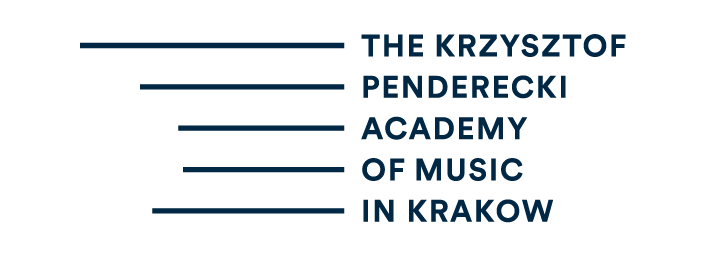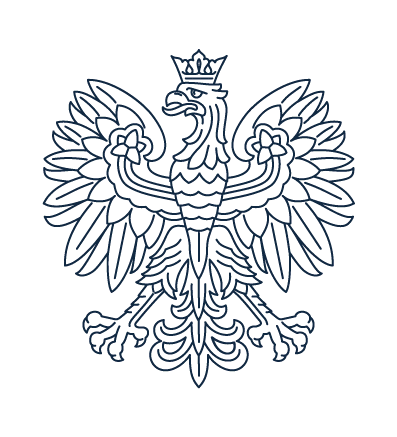DETAILED PROGRAMME REQUIREMENTS
Entrance examinations for the candidates who choose Church music (bachelor’s degree).
Stage 1. The core subject examination: playing an instrument (organ or piano)
Programme (repertoire) for candidates taking an organ exam:
1. A free-choice piece by a 17th-18th century composer.
2. J. S. Bach – chorale arrangement with the adorned cantus firmus.
3. A free-choice piece (or parts of it) by a 19th-21st century composer.
4. Performing an improvised overture and harmonization of any church song.
Programme (repertoire) for candidates taking a piano exam (from memory):
1. A free-choice piece by J. S. Bach.
2. An extreme (fast) movement from one of the classical or later sonatas.
3. A free-choice piece by a 19th-21st century composer.
4. Performing an improvised overture and harmonization of any church song.
Stage 2. Supplementary examinations:
1. ear training – an oral practical examination
• An aural analysis of complex chord structures (intervals, triads and tetrads from the curriculum of secondary music schools).
• Harmonic interpretation of a musical fragment performed on the piano, heard by the candidate.
• Analysing simple and compound time signatures and performing a two-part polyrhythm.
• A polyphonic exercise: performing two plans from a given polyphony – one with the voice, the other on the piano.
2. harmony – an oral practical examination (the level of knowledge corresponding to the level of the secondary music school is required)
• A harmonic analysis of the provided soprano (proposed interpretation in functional harmonics)
• Performing harmonization of the provided soprano on the piano (in four-voice or other texture).
• Performing the provided modulation on the piano (diatonic, chromatic or enharmonic) – in any manner.
• A harmonic analysis of a musical text fragment (classicism, romanticism).






